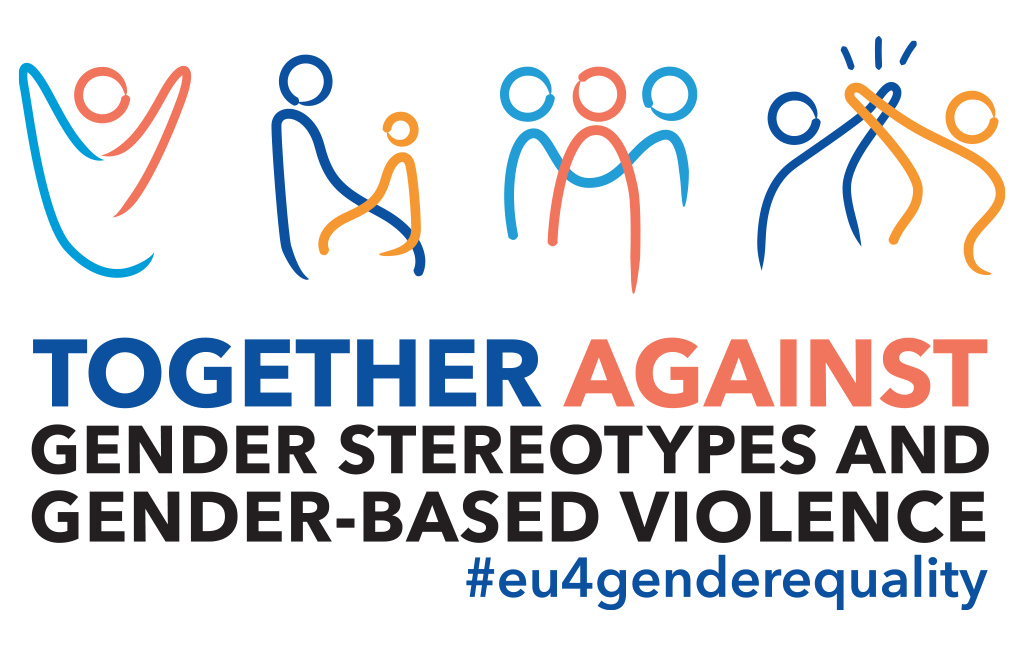Father Rabbit: Me, go to school, hah? You mean I shall go to the parent meeting where women are all around and I am the only man? Why did I come? Because Mother Rabbit went to search for carrots? What will folks think of me? Hah, say!
Mother Rabbit (from the audience): They will think that you are a very good father!
(An excerpt from the role-play part of the performance in Ijevan)
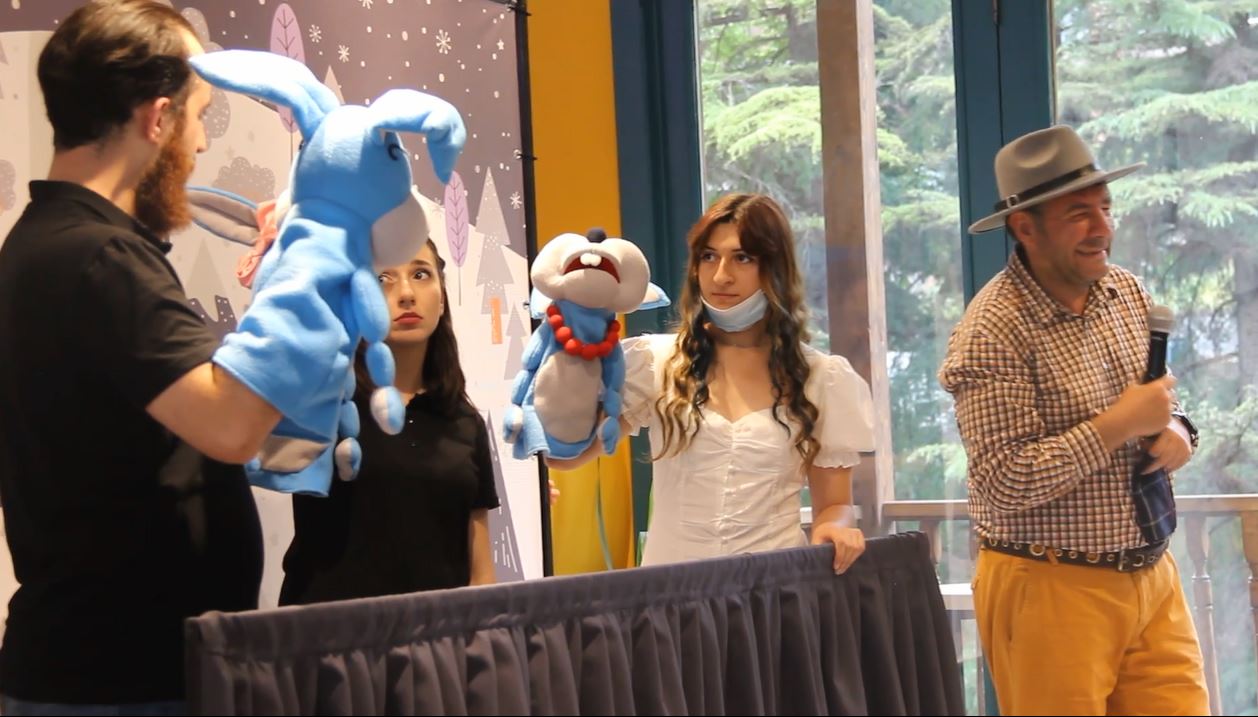
During June, around 180 young people from five communities in Armenia had an opportunity not only to discuss the topic of responsible and engaged fatherhood but become actors of the performance themselves to shift the scenario.
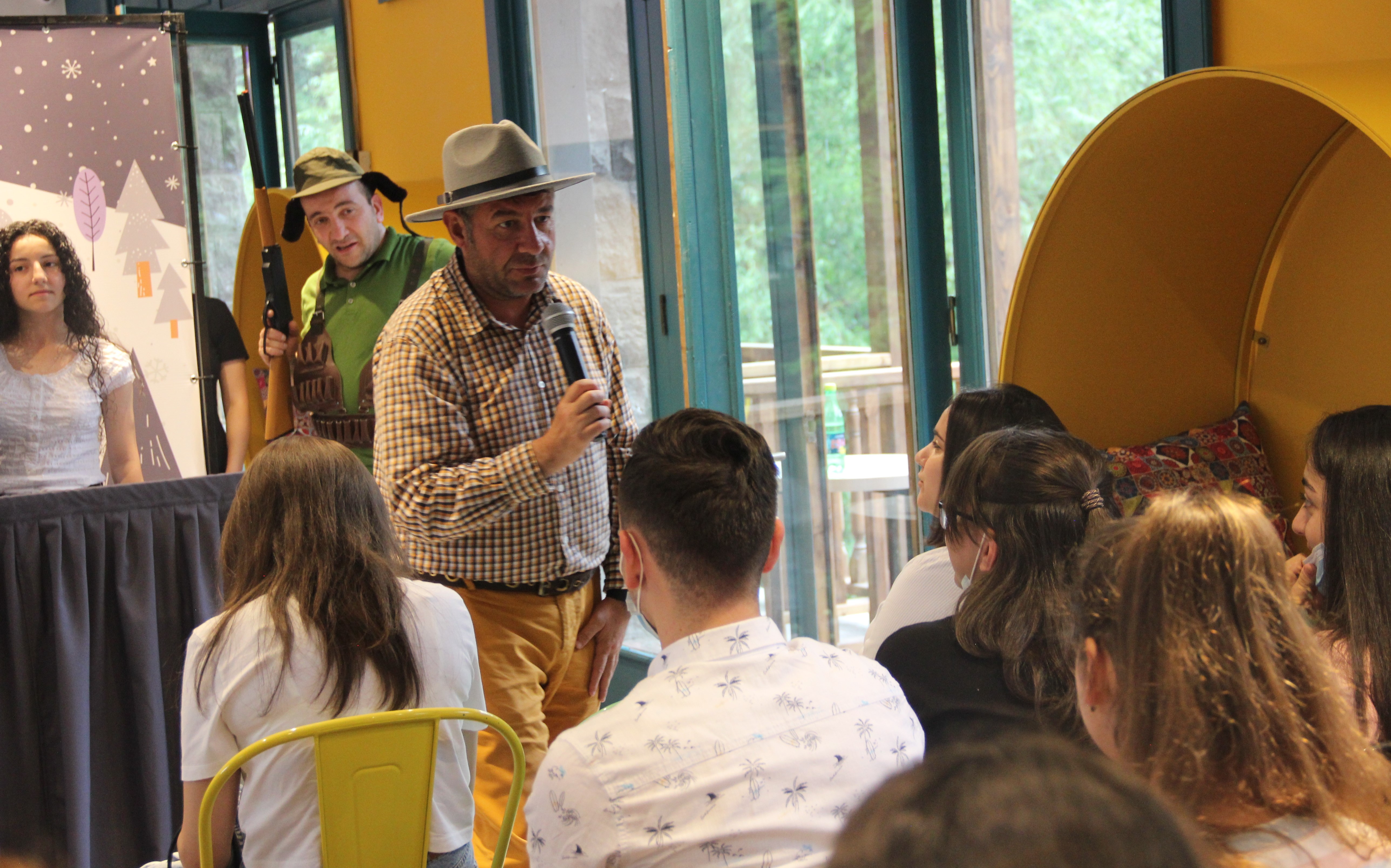
Father Rabbit: Parent meetings are for mothers; we will go together, and we will clarify all the issues.
Mother Rabbit (from the audience): Both mother and father are equally responsible for the child. You will go tomorrow!
Father Rabbit: Me? But who will look for carrots?
Mother Rabbit: I think I was more successful at finding carrots.
Father Rabbit: Huh, not a big deal – you were successful one day, I was unsuccessful one day. So what?
Mother Rabbit: Tomorrow I will succeed too.
(An excerpt from the role-play part of the performance in Ijevan)
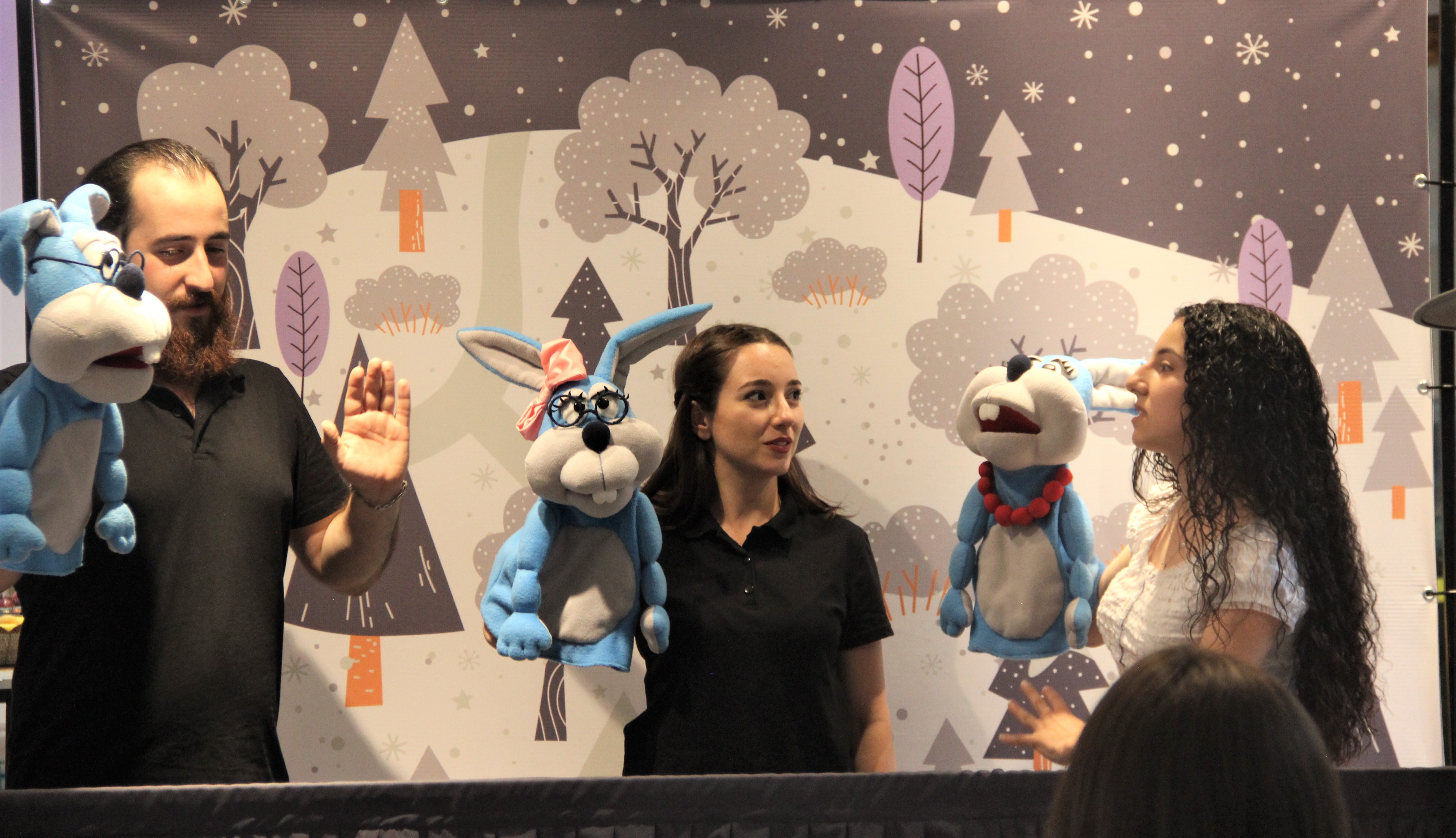
The quotes above are from the role play part of the “Race for Carrots” play performed on June 29th in “X-Drive” anticafe in Tavush’s regional center Ijevan and attended by more than 40 young people.
Ijevan was the last stop for “Race for Carrots.” With a mission to promote responsible parenting and gender equality, the performance traveled to five communities in Armenia, starting the trip in Yerevan and reaching Vanadzor, Tsoghamarg, Gyumri, and Ijevan.
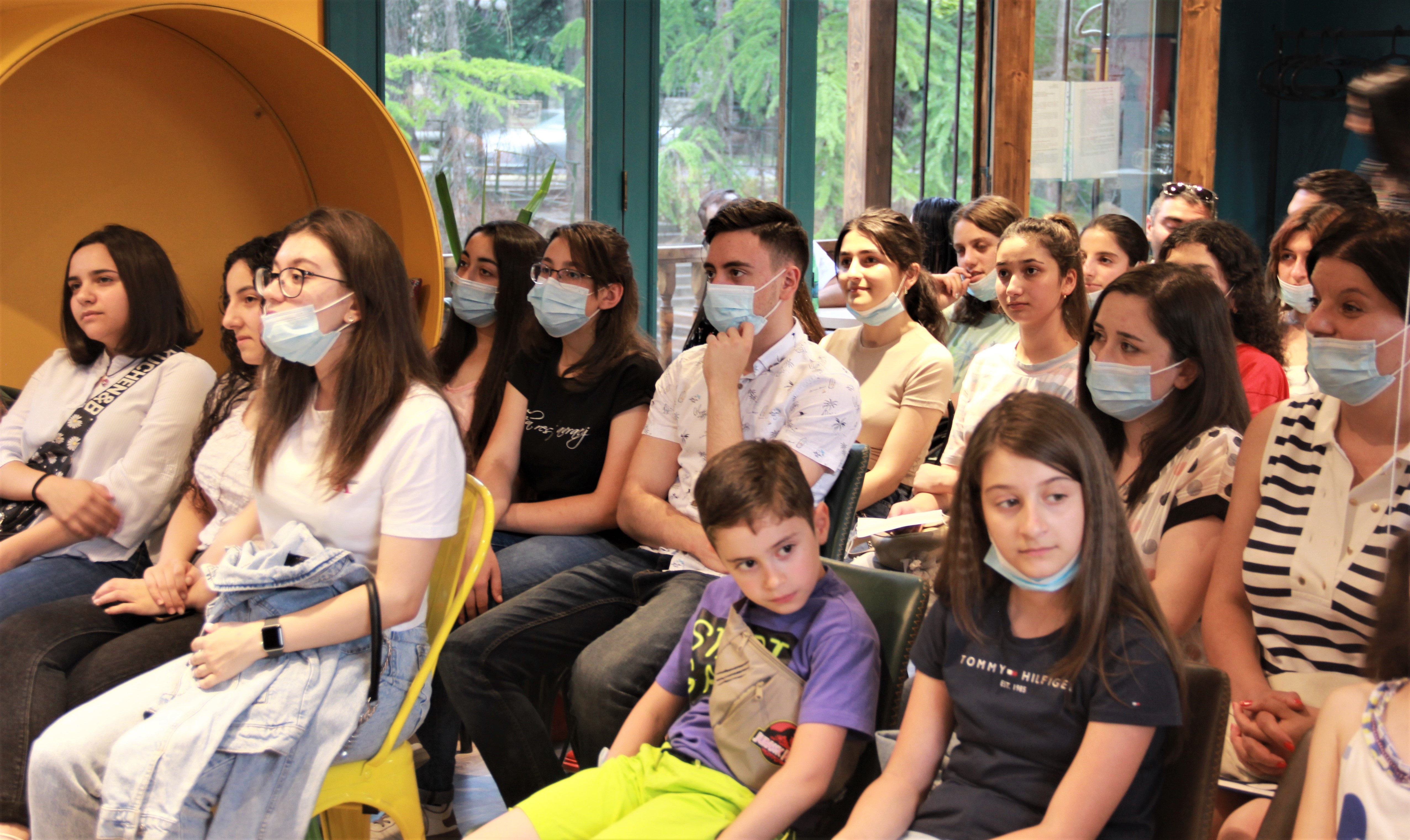
Is bread(carrot)winning an exclusively male responsibility? And is attending parent meetings at the school an exclusively female activity? What the characters of the performance should (or should not) do to avoid tension in the family?
As a creative method of public dialogue and “edutainment,” the performance developed by the UNFPA’s long-standing partner “Theatre for Changes” NGO does not provide an unambiguous solution leaving space for public discussion and search for alternative solutions.
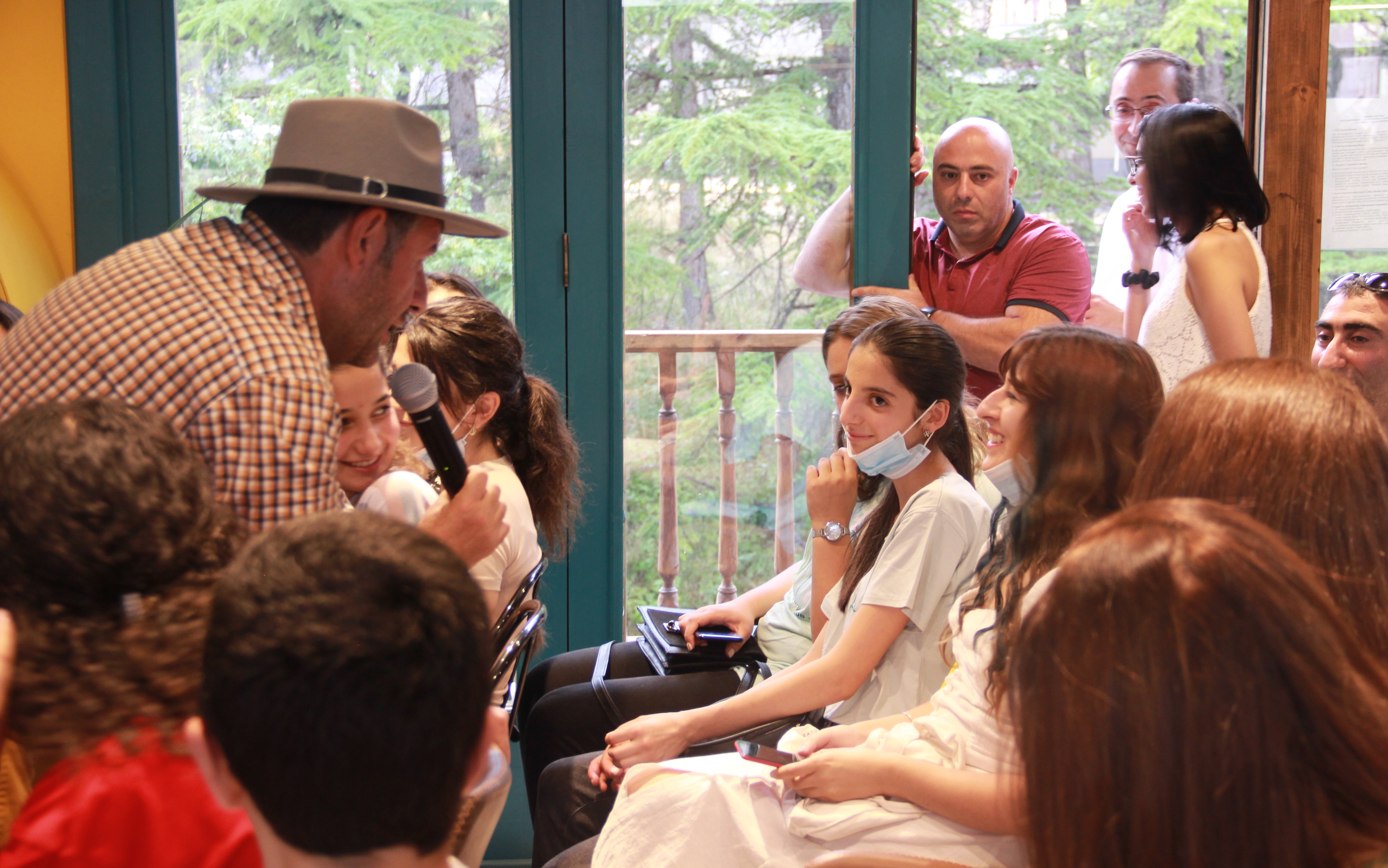
Mother Rabbit: Darling, I will go look for carrots, and you will carry the child to school, and cook dinner…
Father Rabbit (from the audience): My suggestion is that I take care of the child for several days and then you take care. Let’s do that interchangeably so we can both manage to work. (Ernest, 16 y.)
(An excerpt from the role-play part of the performance in Ijevan)
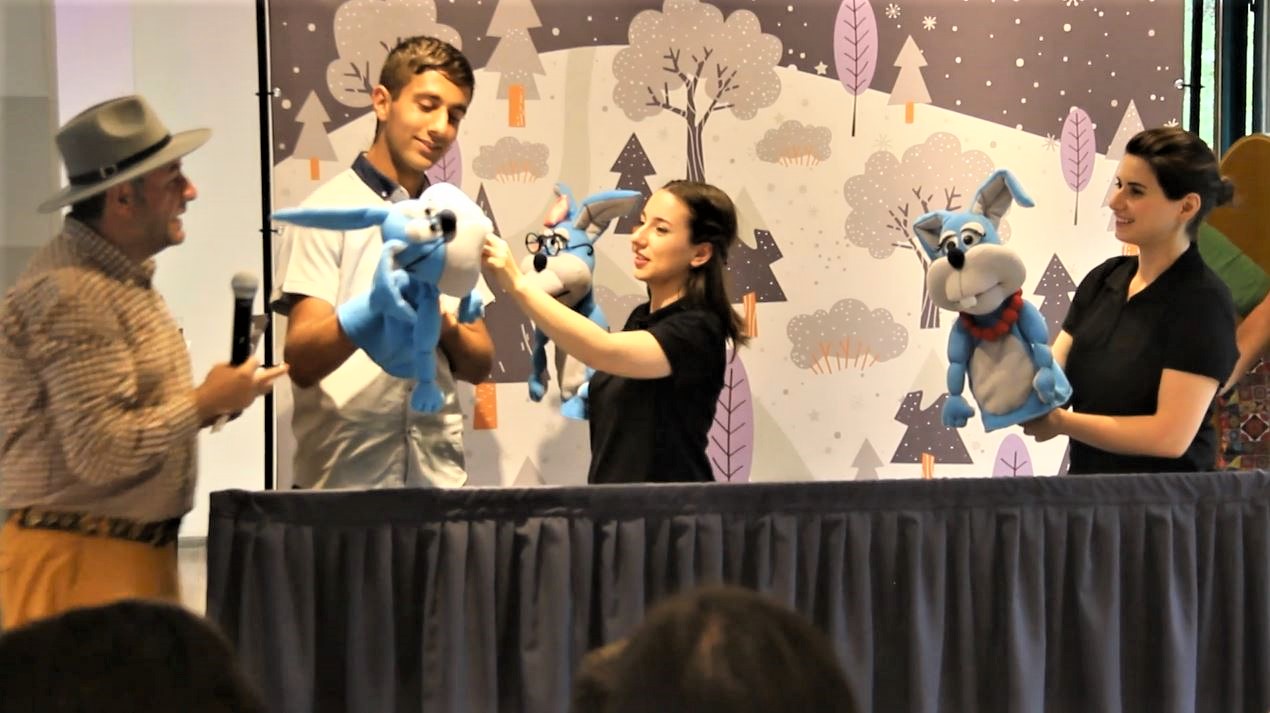
The audience had an opportunity to speak up on stereotypical perceptions of men’s and women’s roles within the family unit and ultimately participate in consensus development.
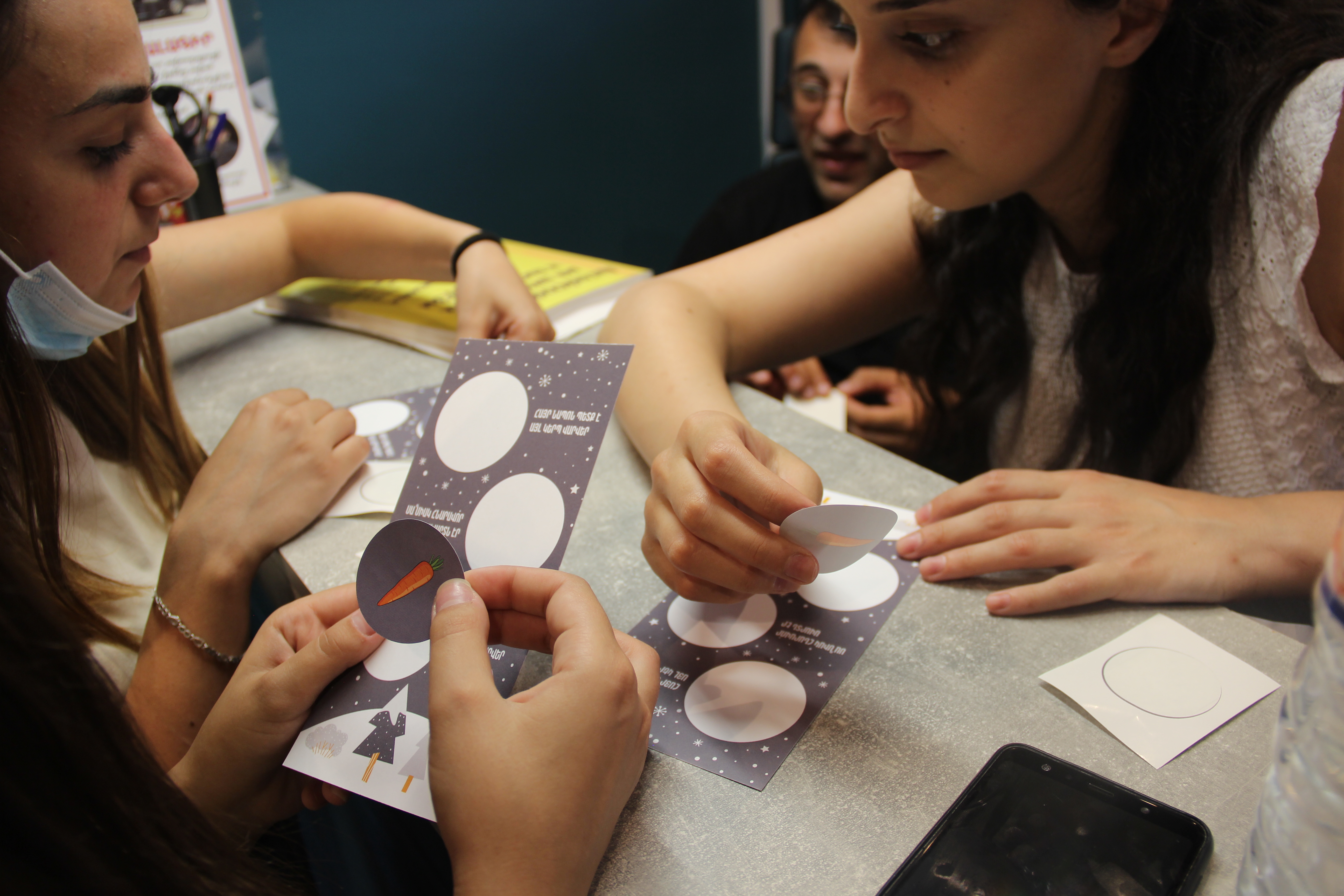
Hayk Sekoyan, the head of the ‘Theatre for Changes’ NGO, has noted an interesting pattern: In almost every play, a small part of the audience was choosing the “The father rabbit should perform otherwise” option during voting (at the end of the main part of the play and before the discussion the audience participates in “elections”). However, during the discussion very few of those people disclosed their choice.
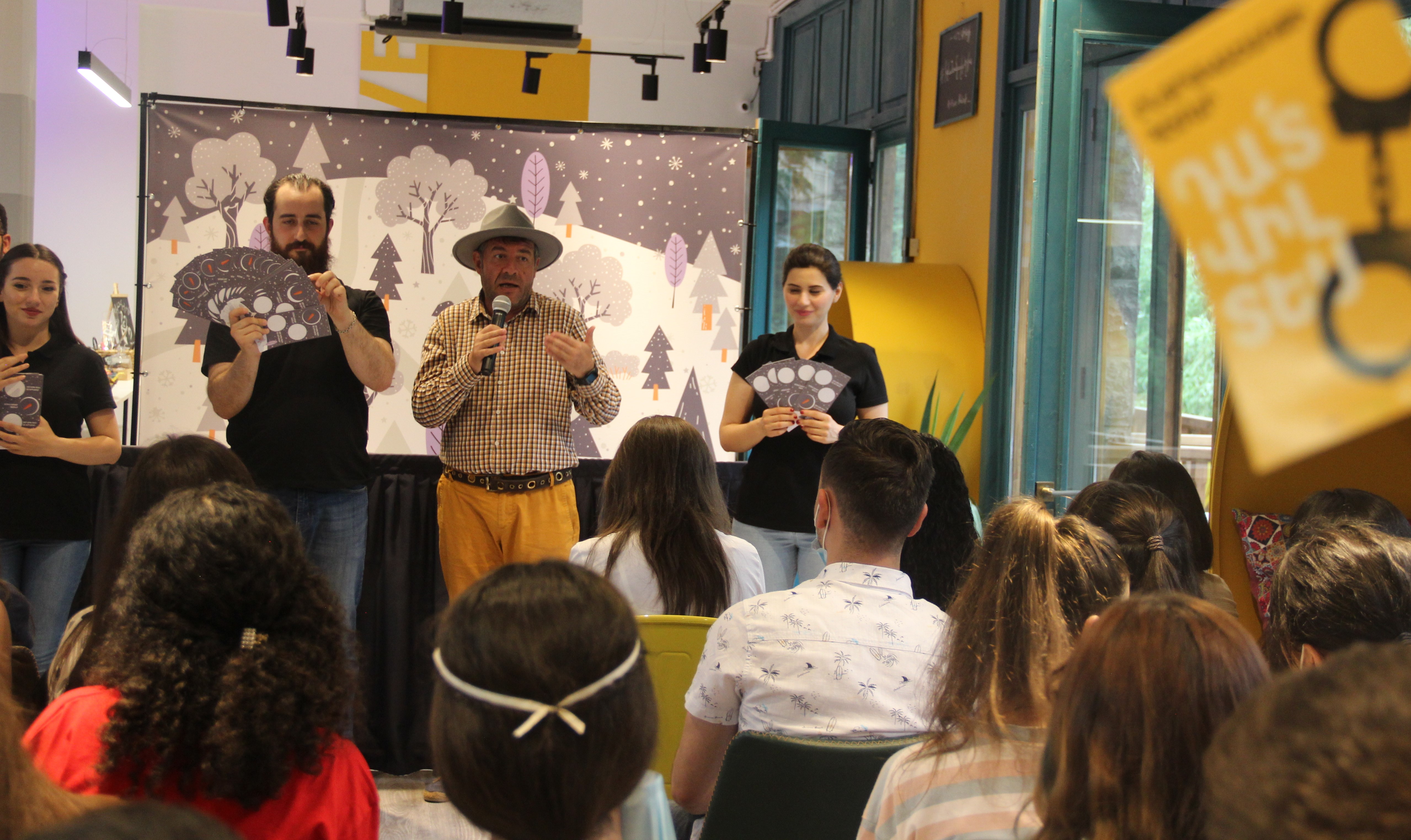
“I think stereotypical approaches lay under this as well, and this is a field for new research and analysis. In general, I think the performance fully served its goals: it motivated the beneficiaries of the project to dive deep into the topic trying to challenge stereotypical-traditional approaches on the concept of fatherhood and allowed for an open and unchained discussion on the important role of fathers (also different formats of their engagement) in the child’s and family life,” Hayk says.
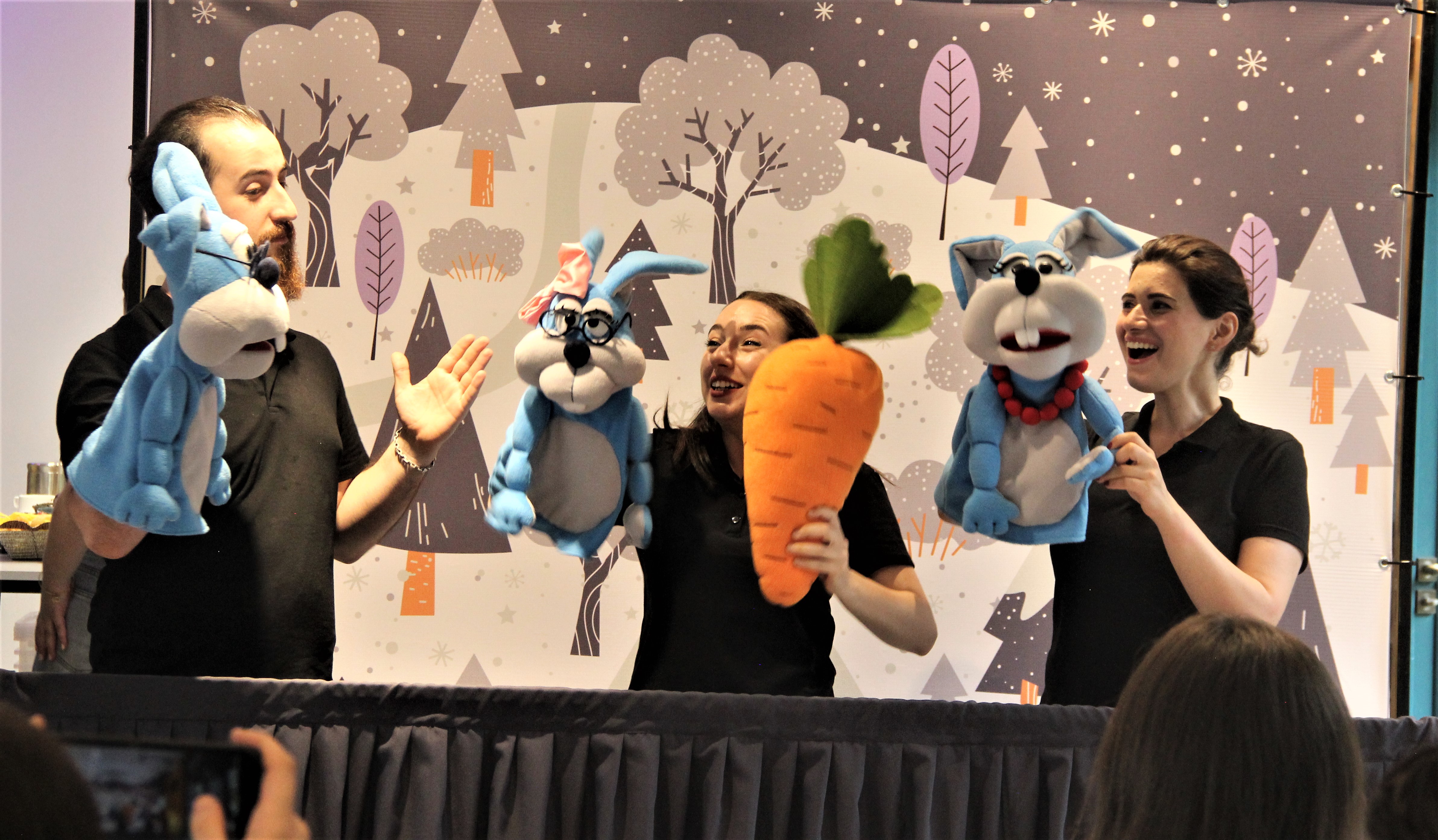
The performance was developed in the framework of the “EU for Gender Equality: Together against Gender Stereotypes and Gender-based Violence” Programme funded by the European Union and implemented jointly by UN Women and UNFPA. The EU 4 Gender Equality programme started in 2020 and is implemented in 6 EAP countries. In Armenia the programme is implemented by UNFPA Armenia in three EU target regions: Shirak, Lori, and Tavush.
